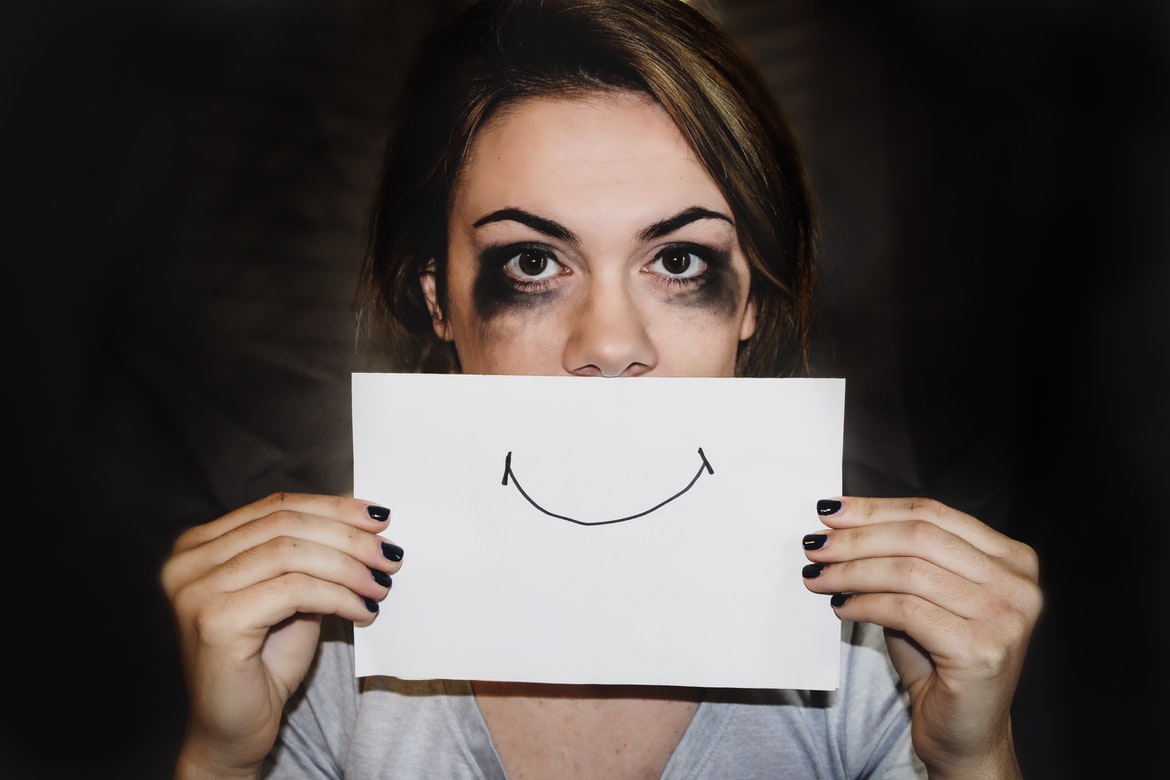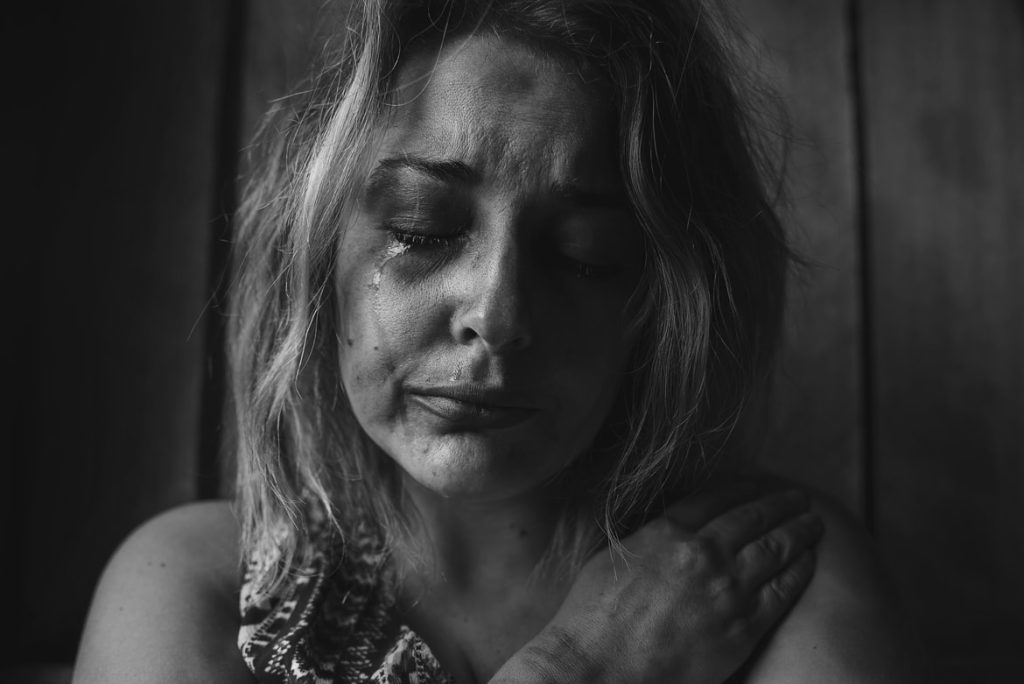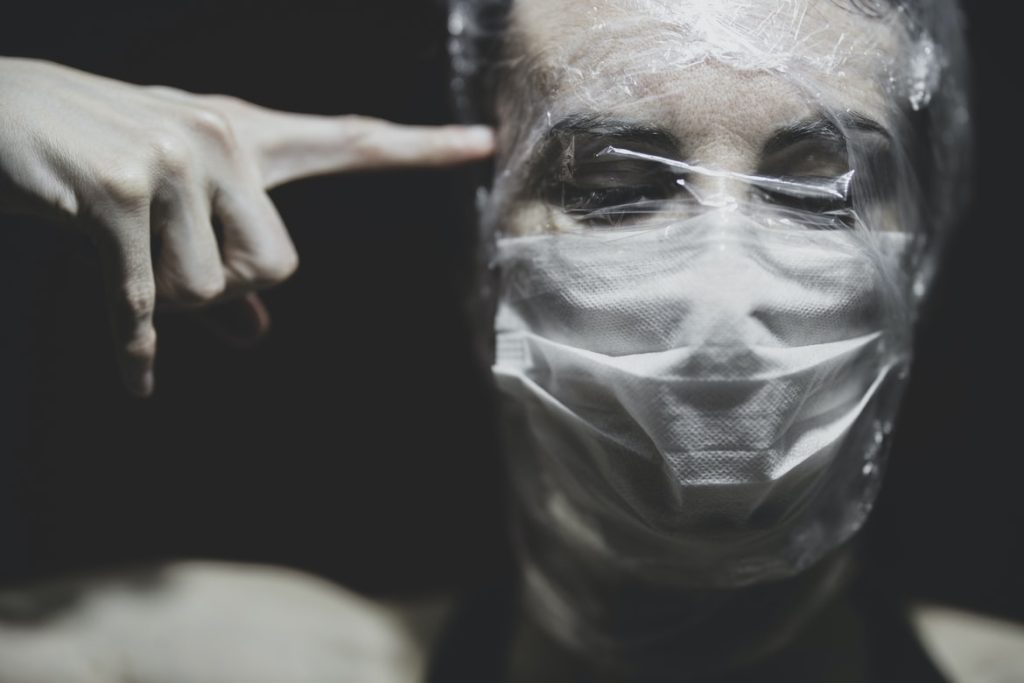
If you are here, there may be one of two reasons why. Either you are unaware of what co-occurring disorder is and need to know more? Or you may have it and want to know how to deal with it.
A co-occurring disorder is something where you are dealing with drug addiction and mental illness at the same time. Most cases have the latter pre-existing the addiction. This means people are using drugs to numb the pain of their mental disorders, which is dangerous.
This guide will provide you with ten things you’ll need to know about it. It is important to note that dealing with co-occurring disorders in a healthy way is possible. If it goes unchecked, it can do damage to your personal and professional life.
If you need professional help as soon as possible, consider Ocean Recovery as your go-to option. You can find out more information on oceanrecovery.com.
Let’s dive right into the list.
Table of Contents
1. Co-occurring disorders are a challenge to diagnose
It’s been said that such disorders are hard to diagnose. For this reason, you’ll want to find a treatment plan that will help with the disorders you may be dealing with. You will also need to note the severity of them as well.
Other than that, a treatment plan will provide you with great effect when you are beating your addiction along with keeping your mental health in check. You need to make sure you are focusing on both with regular therapy sessions.
2. Your mental illness may pre-exist addiction (and vice versa)

Source: unsplash.com
As mentioned beforehand, you may have a mental illness that may pre-exist the addiction you may have developed. Likewise, you could have a drug addiction before you are even diagnosed with a mental disorder. If you are about to enter rehab, you’ll want to get diagnosed for a mental disorder as soon as possible.
The reason for this is that it will be a huge piece of the puzzle in terms of your treatment. You don’t want to treat an addiction WITHOUT letting your mental illness go unnoticed. This can make the recovery process challenging and the likelihood of relapse will be much higher.
This is a risk YOU DON’T want to take. The sooner you get a diagnosis for a mental illness done by a mental health professional, the better.
3. A symptom of one disorder can affect the other
As mentioned before, you need to make sure that your mental illness exists before treatment for co-occurring disorder happens. Because if you are dealing with a symptom for one disorder, it can aggravate the other. This can make things worse for you and your treatment will not go as smoothly.
This is one more reason why both disorders need to be treated as soon as possible.
4. Co-occurring disorders are nothing new

Source: unsplash.com
Co-occurring disorders are indeed common. More than 10 million people in the United States may be dealing with one mental health disorder while dealing with one substance abuse disorder at the same time. Not to be outdone, those with substance abuse disorders will have a severe form of mental illness.
5. People who deal with co-occurring disorders are considered high risk
Those with co-occurring disorders will have a higher chance of relapsing. For this reason, it is important to make sure that patients have both their mental illness and substance abuse disorders in check. When they are both treated at the same time, you will eliminate that high risk of relapse.
6. Identify the symptoms

Source: unsplash.com
It’s important to identify the symptoms of either disorder. Again, while difficult to diagnose, knowing what you may be struggling with can give you good intel on what you could be facing. If you are suffering from mood swings, withdrawing yourself from friends and family, or dealing with an increased risk of suicidal thoughts and actions, you will need to get the help as soon as possible.
If you are dealing with drug abuse issues, you may display similar signs. Either way, you cannot afford to risk your life letting this go unnoticed. Identify the symptoms and get help now.
7. Severe mental illness will make you susceptible to addiction
If we’ve said it already, it should bear repeating. A severe mental illness can lead to drug addiction. When someone is suffering from severe symptoms, they may look for ways to self-medicate beyond their prescription.
8. Choose the treatment options that fit you best

Source: unsplash.com
At this point, you may have already been diagnosed with co-occurring disorder. Your next option now lies in making a decision with what treatment options you need to go with. If you are dealing with a severe addiction along with a mental illness, you may have no choice but to go with inpatient rehab.
This will give you medical attention when needed, around the clock mental and physical health care, and lessen your chances of relapse once everything is in place.
9. Know you have a support group that can help
Your family, the professionals working with you, and your fellow recovering addicts are among those who should be part of your support group. They will be your go-to people in case you need any further assistance. Please know that you are not alone when dealing with co-occurring disorder.
10. You can get this handled, even if it takes time

Source: unsplash.com
There is no set timeline for anyone’s treatment for co-occurring disorder. All you need to do is focus on taking the necessary steps to ensure you beat your addiction while taking care of your mental health disorder. Don’t worry about how long it will take for you to get over it.
Final Thoughts
Co-occurring disorders can be treated once diagnosed. Getting the help you need should be the next step and there is no other way to get around it. Make sure your mental illness is diagnosed if you appear to be displaying any symptoms. If you have an addiction alongside, then now would be the time to get started on a treatment plan that will save your life.







